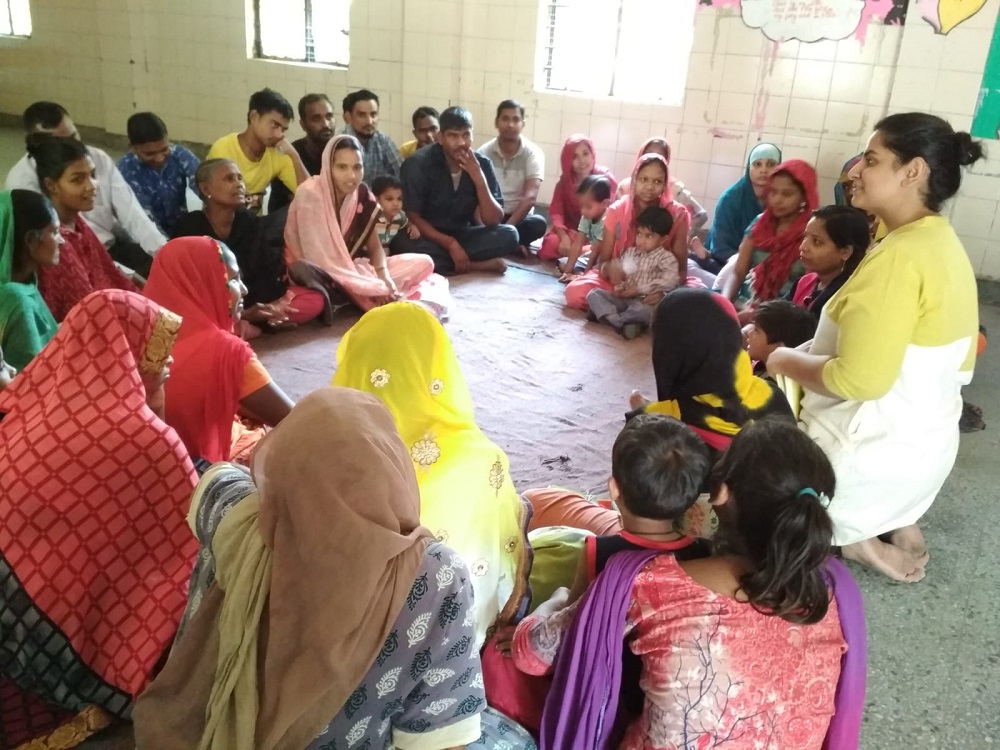In the realm of child healthcare, parents are not just caregivers; they are advocates. This blog of Fikrah explores the transformative impact of empowering parents in low-income areas as advocates for their children’s health. By equipping them with knowledge and resources, we can create a powerful force that drives positive change. Which also ensures better healthcare outcomes for the next generation.
Impact of empowering parents in low-income areas as advocates for their children’s health:
1. The Vital Role of Parent Advocacy
Parents are uniquely positioned to be advocates for their children’s healthcare. In low-income areas, where access to quality healthcare can be a challenge, informed parents play a crucial role in navigating the system and demanding the best for their children.
2. Knowledge is Empowerment
Empowerment begins with knowledge. Providing parents with information about preventive care, vaccinations, common illnesses, and available resources arms them with the tools to make informed decisions about their children’s health.
3. Bridging Communication Gaps
Effective advocacy requires clear communication between parents and healthcare providers. Empowering parents to ask questions, voice concerns, and actively take part in their child’s care can bridge communication gaps. It can also lead to more tailored and effective treatments.
4. Community Workshops and Education
Organizing workshops in low-income communities that focus on child healthcare can create a space for parents to learn, share experiences, and ask questions. These workshops can cover topics like nutrition, hygiene, recognizing symptoms, and when to seek medical attention.
5. Access to Healthcare Resources
Equipping parents with information about local clinics, healthcare programs, and financial help options ensures that they are aware of the available resources. This empowers them to seek timely healthcare without unnecessary barriers.
6. Encouraging Preventive Care
Advocacy extends beyond addressing illnesses; it includes preventive care. Empowered parents can take proactive measures to ensure their children receive regular check-ups, vaccinations, and screenings to catch potential health issues early.
7. Amplifying Collective Voices
When parents come together, their voices become a force for change. Creating parent-led support groups or advocacy networks in low-income areas can amplify concerns. They can also push for improved healthcare services.
8. Shaping Policy and Access
Empowered parent advocates can influence policy changes that address healthcare disparities. Their insights into the challenges they face can inform policy decisions. Thus leading to more fair healthcare access.
Click here to know more about “Empowering Low Income parents to provide quality Early Child Education & care to their children.”
Conclusion:
Empowering parents as advocates for child healthcare in low-income areas is a transformative approach that goes beyond individual care. It creates a ripple effect that leads to healthier communities, informed generations, and improved healthcare systems. By recognizing parents as partners in their children’s health journey and providing them with the tools to advocate effectively, we can work towards breaking down barriers and ensuring that every child, regardless of their socio-economic background, receives the care and attention they deserve.

